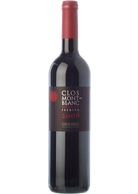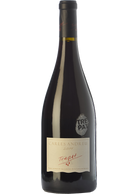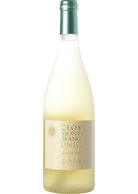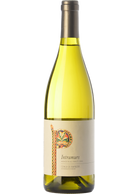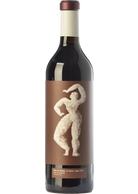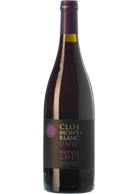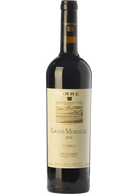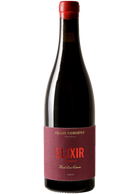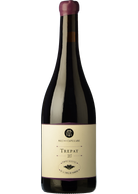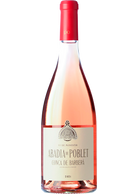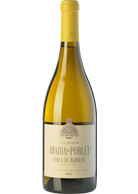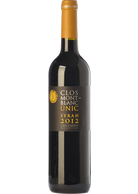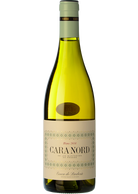Wine from Conca de Barberà
In keeping with many Spanish wine-growing regions, after the Arab involvement, it was the monasteries that gave an impetus to the cultivation of vines. In this region in particular, the impressive Monasterio de Poblet was responsible for the reintroduction of vine growing. Another important point is that this was the district where in 1894, and as a direct result of wanting to restore vines after the phylloxera epidemic, the community's first wine-producing cooperative was established. Today the region boasts as many as six splendid cooperatives with buildings constructed at the beginning of the 20th Century in the modernist style.


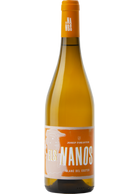


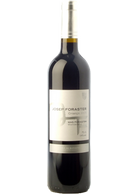


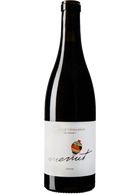
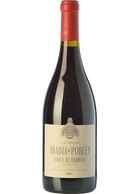

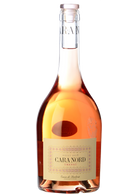
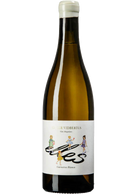
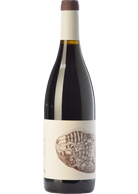
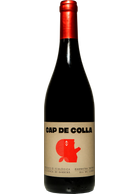
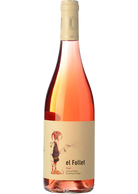
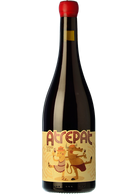
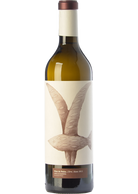
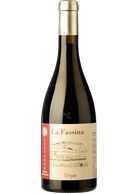
Conca de Barberà
In keeping with many Spanish wine-growing regions, after the Arab involvement, it was the monasteries that gave an impetus to the cultivation of vines. In this region in particular, the impressive Monasterio de Poblet was responsible for the reintroduction of vine growing. Another important point is that this was the district where in 1894, and as a direct result of wanting to restore vines after the phylloxera epidemic, the community's first wine-producing cooperative was established. Today the region boasts as many as six splendid cooperatives with buildings constructed at the beginning of the 20th Century in the modernist style.
The DO Cava allows this product to be made here, along with base wine for other Cavas produced in the region, and a large number of the grapes grown are destined for this purpose. Even so, many wineries have decided to opt for creating quality still wines using foreign varieties blended with indigenous ones. The locally-grown, native Trepat grape is especially important in the production of characterful rosés, apart from being the base for many rosé Cavas.
Located in the north of Tarragona province (Mediterranean climate) and bordering on the Lleida plain (Continental climate), the region receives protection from the mountain ranges that filter the influences of the two climates, thereby obtaining the best of both. The soil lacks any calcareous content and there is a marked contrast in the day and night-time temperatures, assuring the quality of the grapes.

- c/ de la Volta, 2 43400 Montblanc
- +34 977 926 905
- info@doconcadebarbera.com
- http://www.doconcadebarbera.com/
